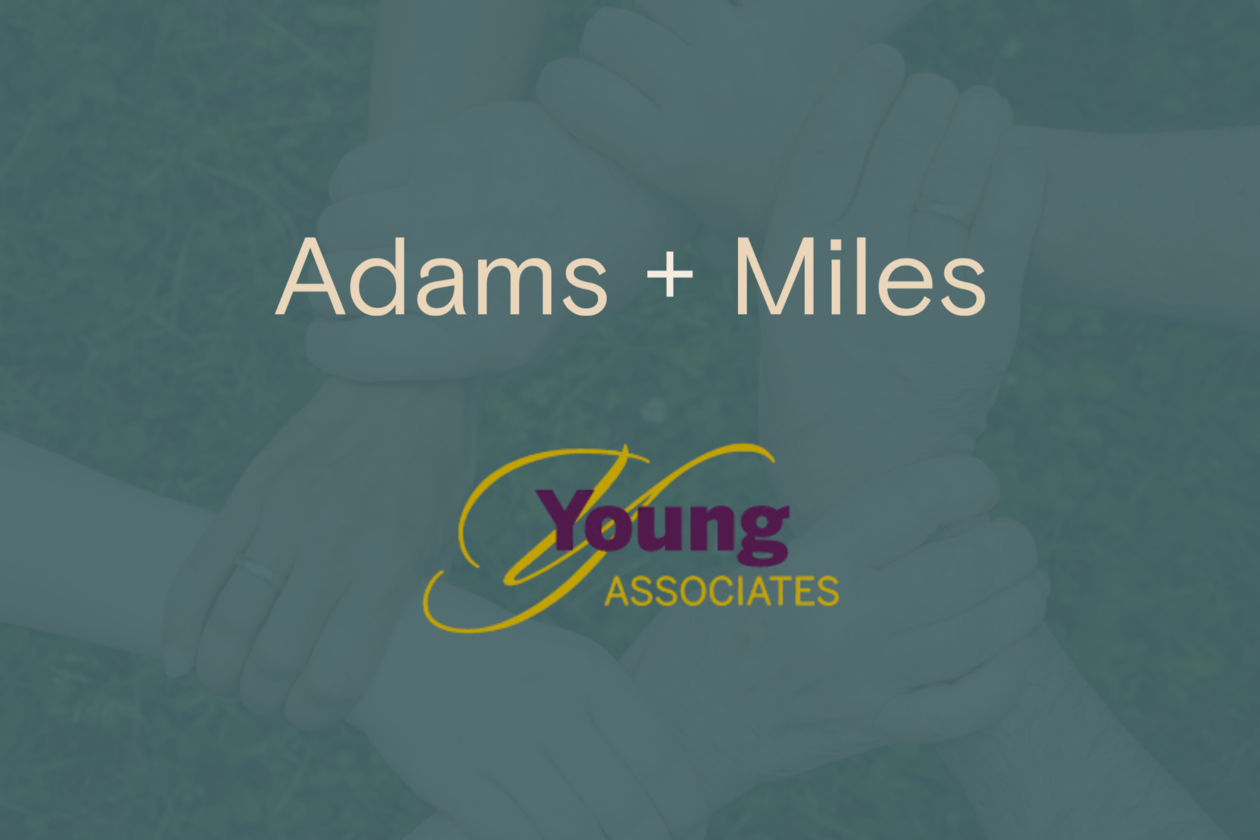The Underused Housing Tax (“UHT”) imposes a mandatory tax return filing obligation and potential tax liability on most owners of Canadian residential properties. A residential property generally refers to a detached house, duplex, triplex, semi-detached house, rowhouse unit, residential condominium unit or other similar premises containing a private kitchen, bath and living area.
An owner of a residential property for UHT purposes is defined as any individual or corporation registered as an owner on December 31, 2022, in the land registration system where the property is located. Owners who are Canadian citizens or permanent residents and are the beneficial owners of the property are not subject to UHT compliance, even if the person is living outside Canada.
Owners subject to UHT compliance include trustees of trusts and partners of partnerships because land registry systems do not typically register land titles under the name of a trust or partnership. Individuals and corporations that are registered as owners of residential properties on behalf of trusts or partnerships must file UHT returns and are exposed to UHT tax, penalties and interest, not the trusts or partnerships. UHT compliance by trustees and partners is required even if all trustees, beneficiaries, partners or shareholders are Canadian citizens or permanent residents.
The tax is calculated as 1 per cent of the value of the residential property on December 31, 2022. The value for UHT purposes is defined as the greater of the most recent selling price or the municipal property tax assessed value. If the owner considers the defined value to be too high, the owner may elect to use the property’s actual fair market value if supported by a written appraisal prepared by an accredited valuator.
Various exemptions from the UHT are available depending on the use or ultimate beneficial ownership of a property. A series of tax notices issued by Canada Revenue Agency that discuss most aspects of the UHT, including exemptions, can be found here: Underused housing tax notices – Canada.ca.
Failure to file the UHT return when required, even if no tax is owing due to an exemption, is subject to a minimum penalty of $5,000 for individuals and $10,000 for corporations. Certain exemptions may also be denied if an owner fails to file the UHT return. A separate UHT return must be filed for each property and by each owner. This means, for example, that two residential properties owned by three trustees on behalf of a family trust will require six UHT returns to be filed—one return per property, per trustee. Penalties will therefore escalate quickly for non-compliance by owners of multiple properties, joint owners of one of more properties, multiple trustees of trust properties, etc.
The UHT return UHT-2900 for a calendar year is due April 30th of the following year. For the initial UHT filing due date of April 30, 2023, CRA has announced that penalties and interest will be waived provided the UHT returns and tax owing, if any, are paid by October 31, 2023.
The Adams + Miles tax team is here to help
With the April 30th filing deadline rapidly approaching, don’t delay in finding out if the UHT applies to you or your corporation. Contact a member of our team today to learn more.
The above content is not complete, does not address all scenarios and is intended for general information purposes only. You may have a UHT liability even if your scenario is not addressed above. This memo should not be used or relied on as a substitute for consultation with your Adams + Miles professional advisor.




